
Recommendation
Do you ever wonder whether it’s possible to be a person or company of honor and still succeed in today’s world? If your fellow athletes take steroids and you don’t, will you make the team? If you tell the truth but your competitors lie, will you go out of business? After decades of working with dozens of top athletes and executives, coach Jim Loehr argues persuasively that success stems from achievement based on your values and purpose. He teaches that no matter how enormous your gains, if you lie or cheat to attain them – or even if you achieve them honestly but for the wrong reasons – you will fail. Loehr doesn’t preach; rather, he compellingly – if a bit repetitively – asks you to define what you stand for and then to implement the standards you value as you compete, rather than pursuing only extrinsic rewards. getAbstract recommends this substantive manual to those who seek meaning from their work, to leaders trying to build sustainable cultures, and to parents striving to raise children with good values.
Summary
About the Author
Performance psychologist Jim Loehr is a sports and business coach who has written 15 books including The Power of Story.








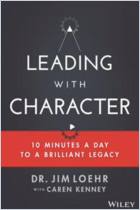
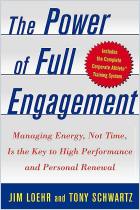
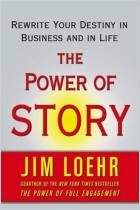
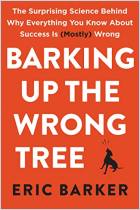
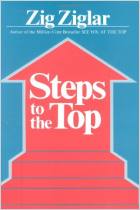
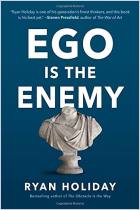
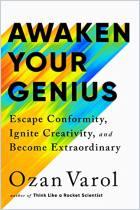
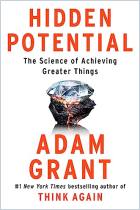









Comment on this summary